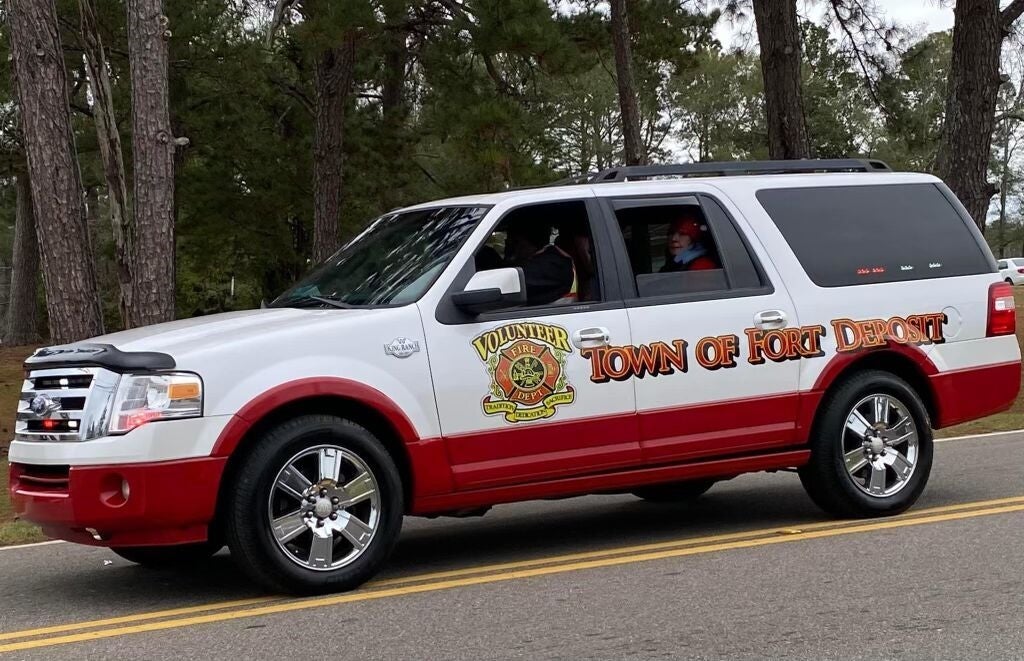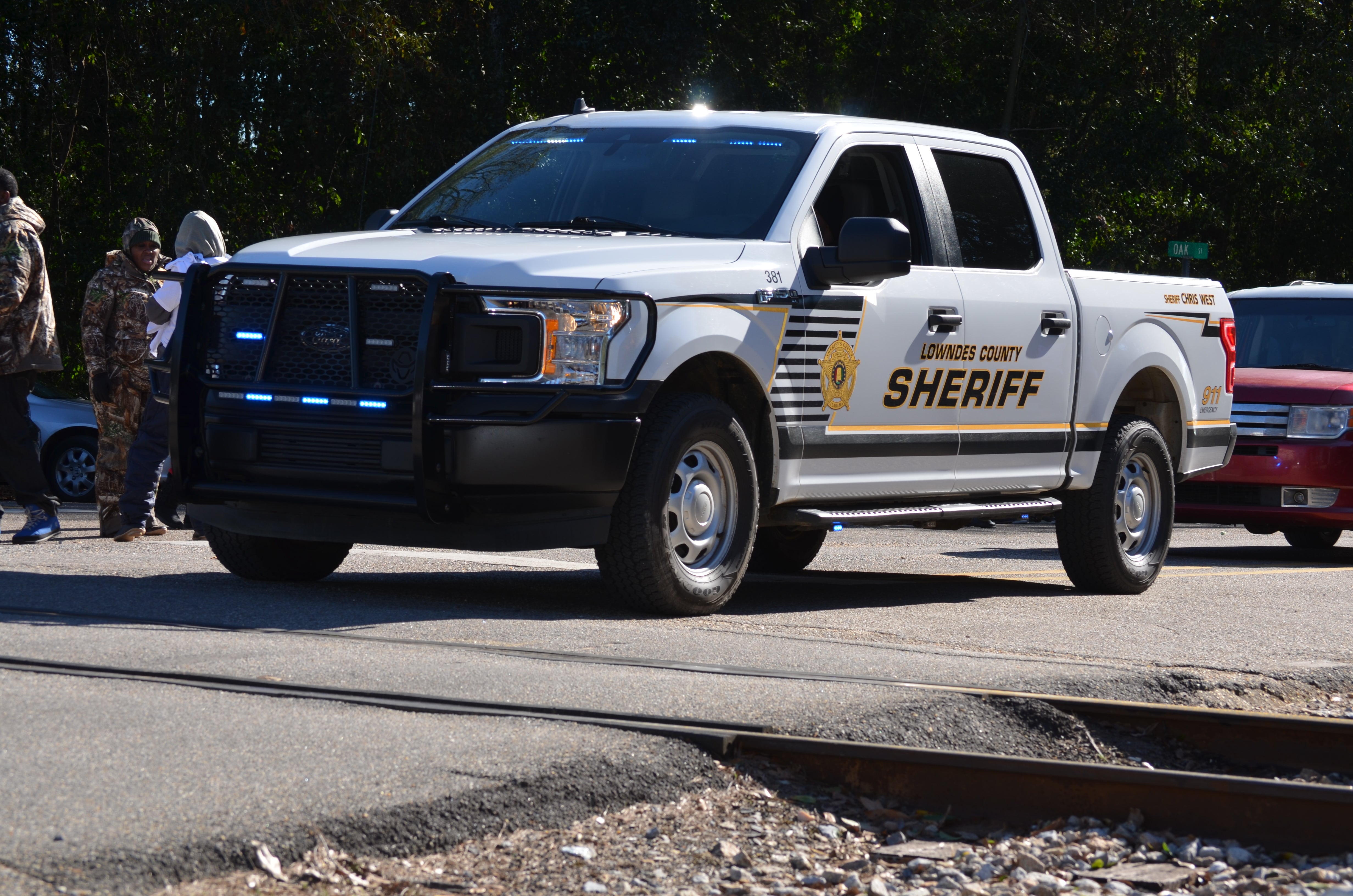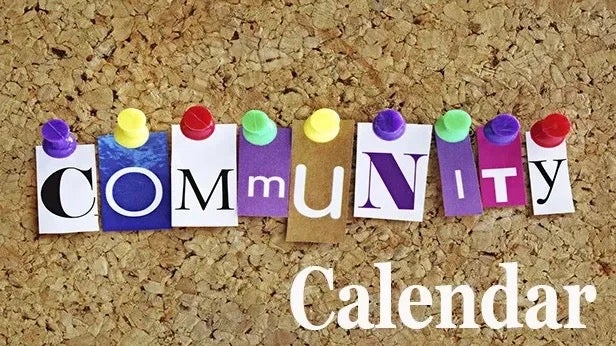First responders need friendship, understanding
Published 6:35 pm Wednesday, December 28, 2022
|
Getting your Trinity Audio player ready...
|
First responders — law enforcement professionals, counselors, fire and rescue squads — help people through some of life’s most difficult moments.
According to Lowndes County Sheriff Chris West, a first responder’s duties are stressful, and become even more so without community and elected officials’ support.
“We do work in the community, trying to heal our neighborhoods,” West said. “A lot of chiefs and sheriffs have to deal with the stress of politics. We’re honestly passionate about doing the best we can for our communities, but there’s so much there’s someone, somewhere playing politics. You can’t play politics with people’s lives.”
Many first responders answer requests for help even when they are off-duty, an occurrence which impacts their entire family, West added.
“If you get a call at home, it can upset everyone in your home,” West said. “We’re there to help make things better, and we’ve gained the community’s confidence and trust. If that’s the objective, when I’m at home in my peace and receive a call, I certainly can’t tell someone I can’t be bothered to hear what they have to say.”
First responders often witness things they cannot unsee and carry those visions along with the corresponding feelings, into their home life.
“We see things most people don’t want to see,” said Liberty volunteer fireman and Butler Fire Association President Keith Foster. “It’s a job that nobody wants but it must be done. Everybody wants [the service] but nobody wants to do it.”
Caring for the caregiver is a big problem among first responders, said Crenshaw County Coroner and Luverne volunteer fireman Stae Sanders.
“In the world [of first responders] there’s not enough of that done,” Sanders said. “All the men and women want to be big boys and girls and act like it doesn’t affect them, but it does.”
Talking about the hard things helps, Sanders said. Crenshaw County Sheriff Terry Mears also said communicating with others who understand is important.
“We communicate so one person isn’t shouldering the whole load,” Mears said. “We don’t want officers to deal with issues by themselves. We share it amongst ourselves and with others who need to know. We’ve all seen different things and we help each other.”
Organizations exist to help first responders Foster said, and counseling is often needed. First responders can find resources through the Alabama Fire College, like the Alabama First Responder Peer Support group, the University of Alabama’s free First Responder and Health Care Professional Mental Health program.
Many local departments employ a chaplain, someone trained to counsel and guide those who are grappling with trauma.
Carlton Carmichael, school resource officer and Luverne Police Department chaplain, partners with First Baptist Luverne pastor Clay Crum to host a monthly breakfast, where first responders can gather and support each other.
“First responders have a high suicide rate,” Carmichael said. “That’s why I went to Clay about doing a monthly breakfast. It’s a place for them to get together, talk, and get out what is inside that needs to come out. They can talk to other people, other law enforcement, or first responders who have gone through the same situations.
Carmichael said law enforcement officers face negativity from a public which doesn’t always understand officers are there to help.
“There’s so much negativity in the world and they show it in themselves,” Carmichael said. “You can see it in their eyes, how they feel when people don’t support the police like they used to.”
Foster said community members can help by extending support and understanding.
“We tend to put things aside to do the job we’re called to do and cope with it later,” Foster said. “Most people don’t realize, especially with volunteers, we’re always on call. We leave our families, when necessary, to help somebody with a problem, a house fire or a wreck. The main thing is to be understanding.”







